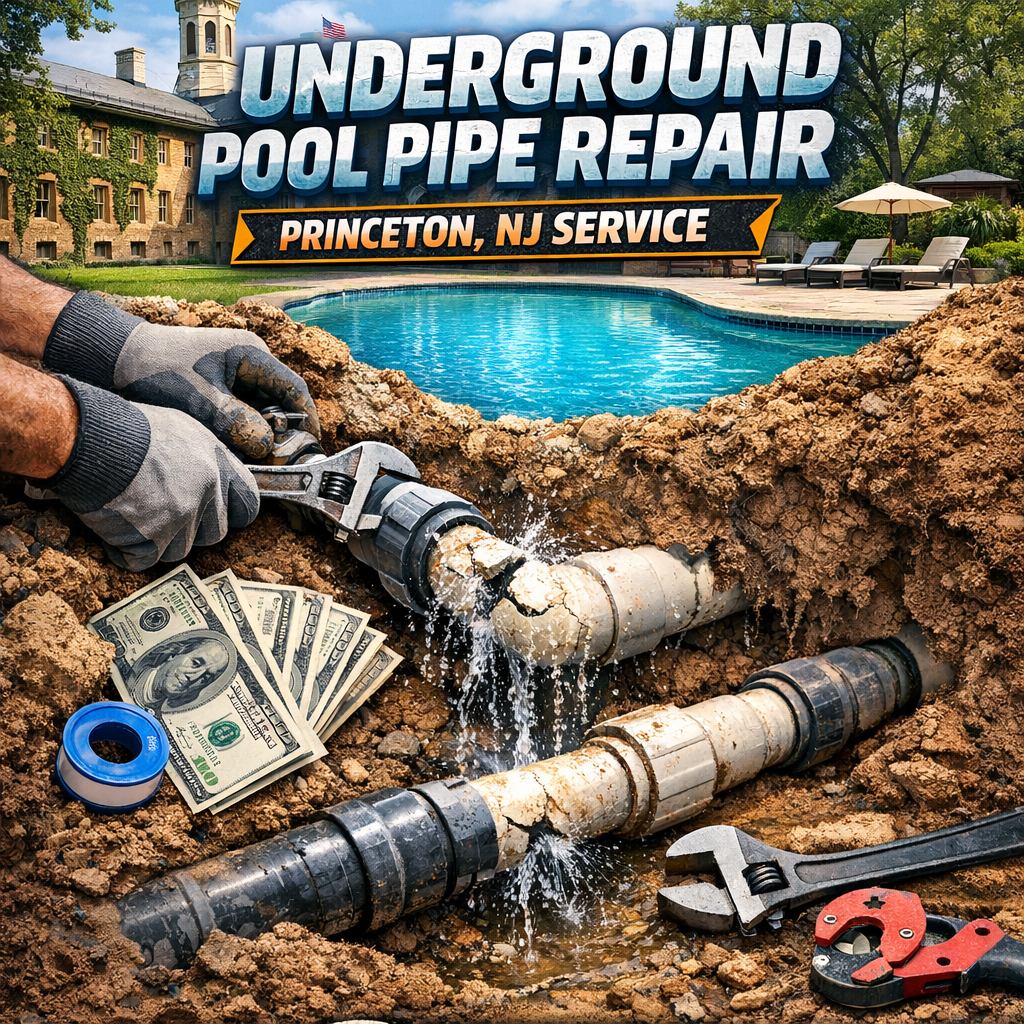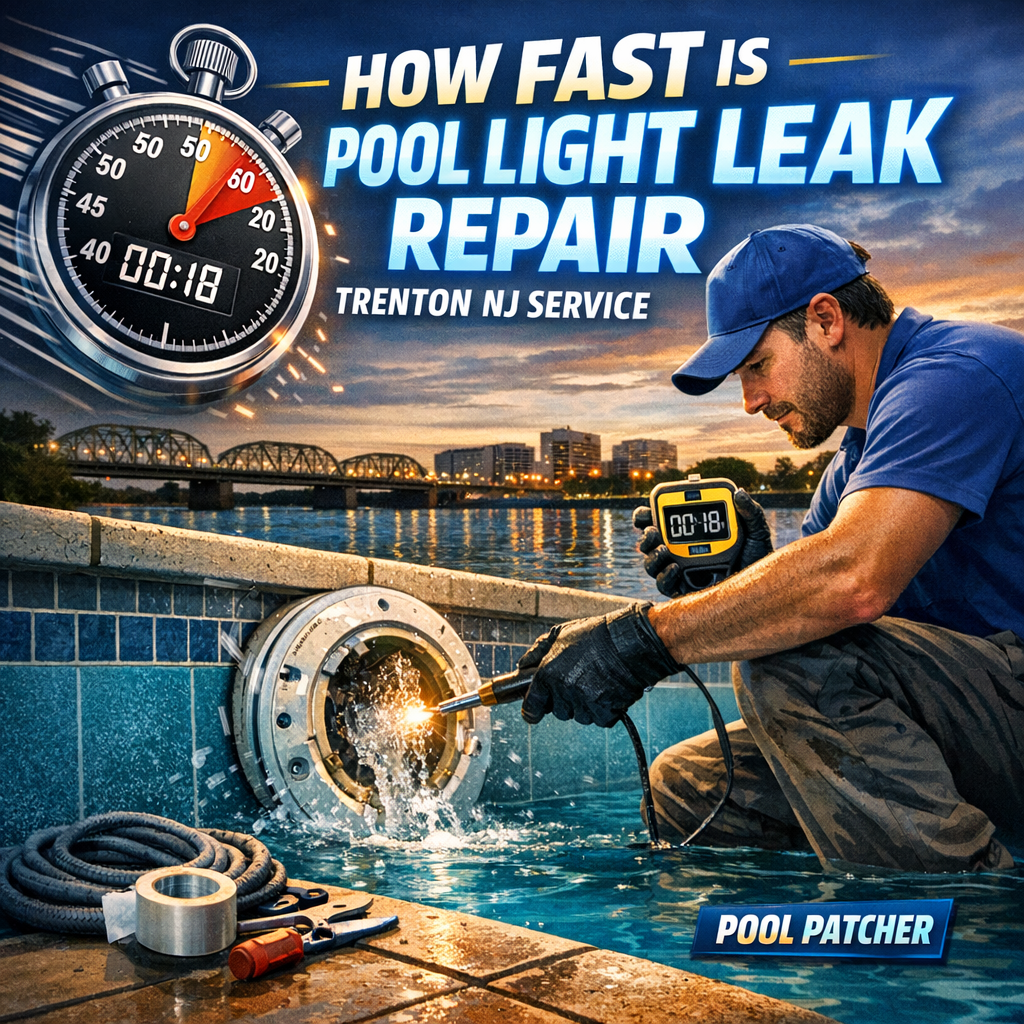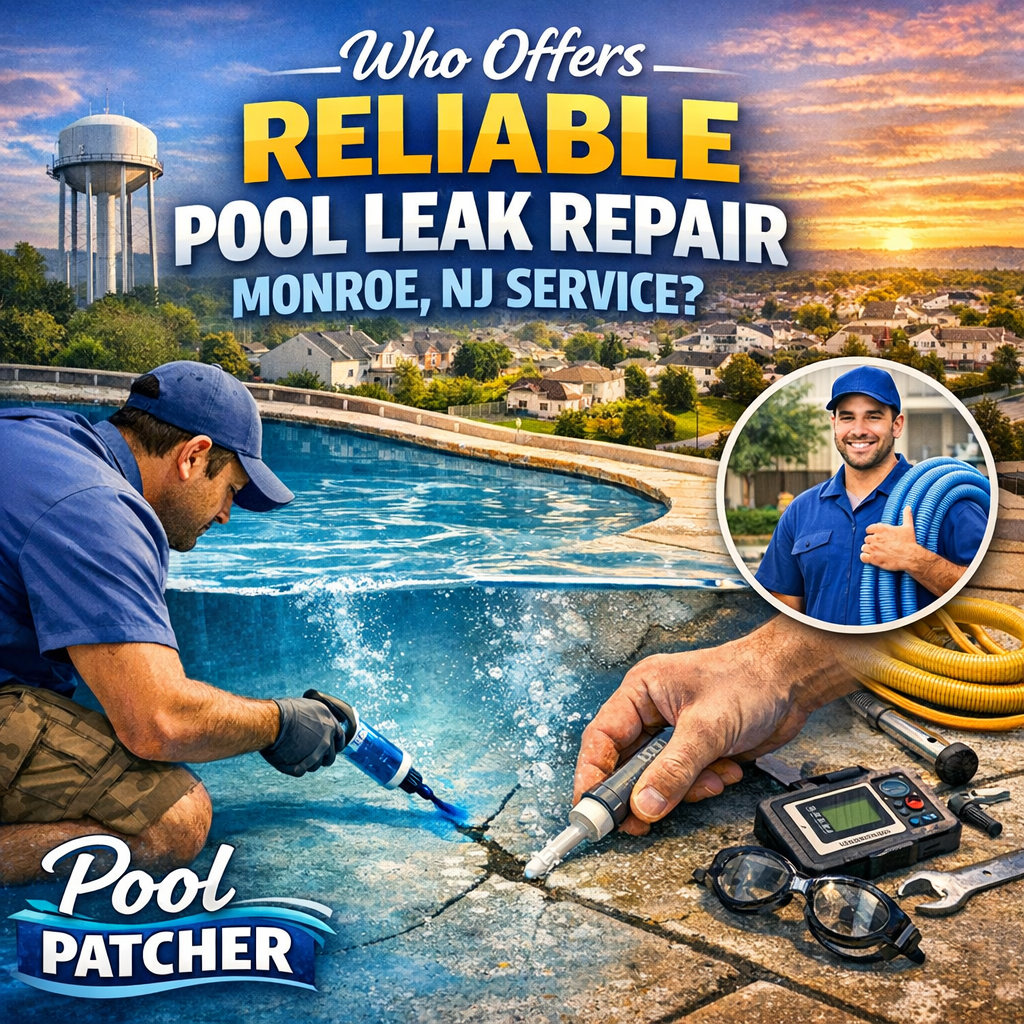Pools are a popular feature in Monroe Township, offering residents a place for recreation and relaxation. However, maintaining these pools involves addressing various technical issues, notably return line leaks. These leaks can compromise water quality, increase maintenance costs, and lead to more significant structural problems if not properly managed. Understanding how these leaks develop and implementing preventative measures are essential for sustainable pool operation. This article explores the common causes of return line pool leaks in Monroe Township, the impact of material degradation over time, and effective strategies to prevent such failures.
Understanding the Common Causes of Return Line Pool Leaks in Monroe Township
Return line pool leaks in Monroe Township often stem from a combination of installation issues, environmental factors, and operational stresses. Improper installation, such as loose fittings or poorly sealed connections, can create vulnerabilities that allow water to escape. Over time, exposure to the elements—like fluctuating temperatures, UV radiation, and chemical treatments—can weaken the integrity of pipes and fittings. Additionally, ground movement or soil shifting in Monroe Township may exert pressure on underground piping, leading to cracks or disconnections. Mechanical stress from high water pressure or improper winterization procedures can also contribute to wear and tear. Recognizing these common causes helps pool owners and technicians identify potential problems early and address them before significant leaks develop.
The Role of Material Degradation in Pool Leak Failures over Time
Material degradation plays a significant role in the development of return line pool leaks as pools age. Common pipe materials such as PVC, rubber, and certain plastics are susceptible to deterioration when exposed to chemical imbalances, UV exposure, and temperature fluctuations prevalent in Monroe Township’s climate. Over time, these factors can cause cracking, brittleness, or softening of the piping materials. Fittings and seals may also degrade, losing their ability to maintain watertight connections. This gradual breakdown weakens the overall integrity of the return line system, making it more prone to leaks. Regular inspection and timely replacement of aging components are crucial to mitigating failures caused by material degradation.
Preventative Maintenance Strategies to Minimize Return Line Leak Issues
Implementing proactive maintenance strategies is essential to minimizing return line leak failures in Monroe Township pools. Regular inspections of piping and fittings can help detect early signs of wear, corrosion, or damage. Using high-quality, corrosion-resistant materials during installation can extend the lifespan of the system. Ensuring proper winterization procedures and avoiding excessive pressure buildup can prevent stress-related failures. Additionally, maintaining balanced chemical levels reduces the corrosive effects of pool chemicals on piping materials. Scheduling routine leak detection tests and promptly repairing minor issues can prevent small leaks from escalating into major failures. By adopting these preventative measures, pool owners can enhance the longevity and reliability of their return line systems, ensuring safe and efficient pool operation.
Understanding the causes and progression of return line pool leaks in Monroe Township is vital for effective pool management. Material degradation over time and environmental factors contribute significantly to leak development, but these can be mitigated through diligent maintenance and quality practices. By staying vigilant and proactive, pool owners and technicians can prevent costly repairs, preserve water quality, and enjoy a safe, functional swimming environment for years to come.






